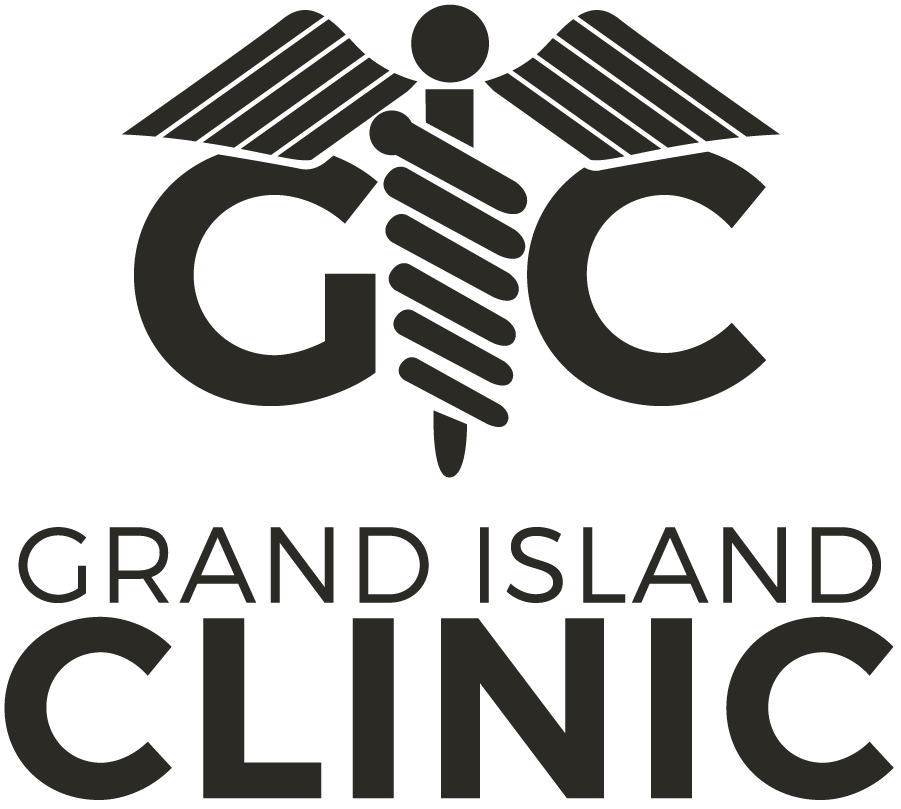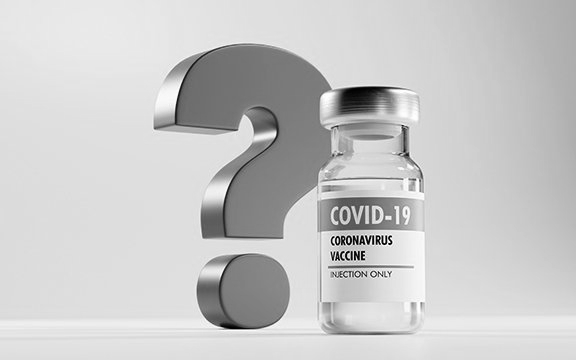Nutrition in Pregnancy
Dana Wright • September 1, 2021
Dr. Molly Johnson
Nutrition in Pregnancy
NUTRITION IN PREGNANCY
Every expecting mom wants to do her best to take care of her baby, even before it is born. One way to do that is to consider what are the best foods to nourish you and your baby! We want you to get plenty of nutrients to support the development of your baby and at the same time maintain a healthy weight gain. A good way to make sure you are getting a variety of nutrients is to make sure at least half of your plate is filled with vegetables and fruits and then the rest lean meats and whole grains.
EATING FOR TWO?
You will definitely have well-meaning friends and relatives that give you an extra helping or an extra cookie for the baby. But really you only need about an extra 300 calories a day – one healthy snack in the afternoon or evening in addition to your usual diet. Examples of that would be Greek yogurt with fruit or crackers and cheese.
WHAT SUPPLEMENTS ARE IMPORTANT?
Prenatal vitamin - It is recommended to take a prenatal vitamin ideally at least one month before getting pregnant and during the pregnancy – this provides extra folic acid, iron and other vitamins and minerals that are important to get during pregnancy. If you take one prenatal vitamin daily and have a healthy diet, you should get the recommended amount of most of these nutrients.
Iron - Besides a prenatal vitamin, you may need extra iron supplements to prevent or treat anemia. Your body needs extra red blood cells during pregnancy and iron is an important in making these cells. Foods with iron include beef, turkey, beans, and spinach.
Omega-3 fatty acids – this helps with brain development before and after birth. Eating 2 servings of fish per week while pregnant or breastfeeding supplies this nutrient. In Nebraska, we often don’t eat this much fish and so other sources are flaxseed (put it in your smoothies!), spinach, cantaloupe and broccoli.
Calcium – helps with development of bones and teeth. The best way to get calcium is through dairy products in the diet like milk, cheese and yogurt, but if you don’t get about 1000mg per day in your diet, you may want to consider taking a supplement (or an extra TUMS ).
STAYING HYDRATED
We recommend drinking 80-100 oz of water per day in pregnancy. Get a large water bottle so you can track how much you are getting throughout the day. This will help prevent constipation, muscle cramps, and headaches and will make you feel much better overall!
WHAT TO AVOID
Lunch meats or deli meats have risk of listeria bacteria so avoid these unless reheated.
Soft cheeses that are unpasteurized and raw fish also have risk of bacterial contamination. No amount of alcohol is technically safe in pregnancy so avoid all alcoholic beverages.
Some fish have high amounts of mercury so avoid eating more than 6oz per week.
This chart gives best choices and fish to avoid
Eating well, limiting junk food and staying well hydrated will help to make you feel great throughout your pregnancy! Using the foods you eat to help with your baby’s development is one of the first steps you can take in being a great mom too!








